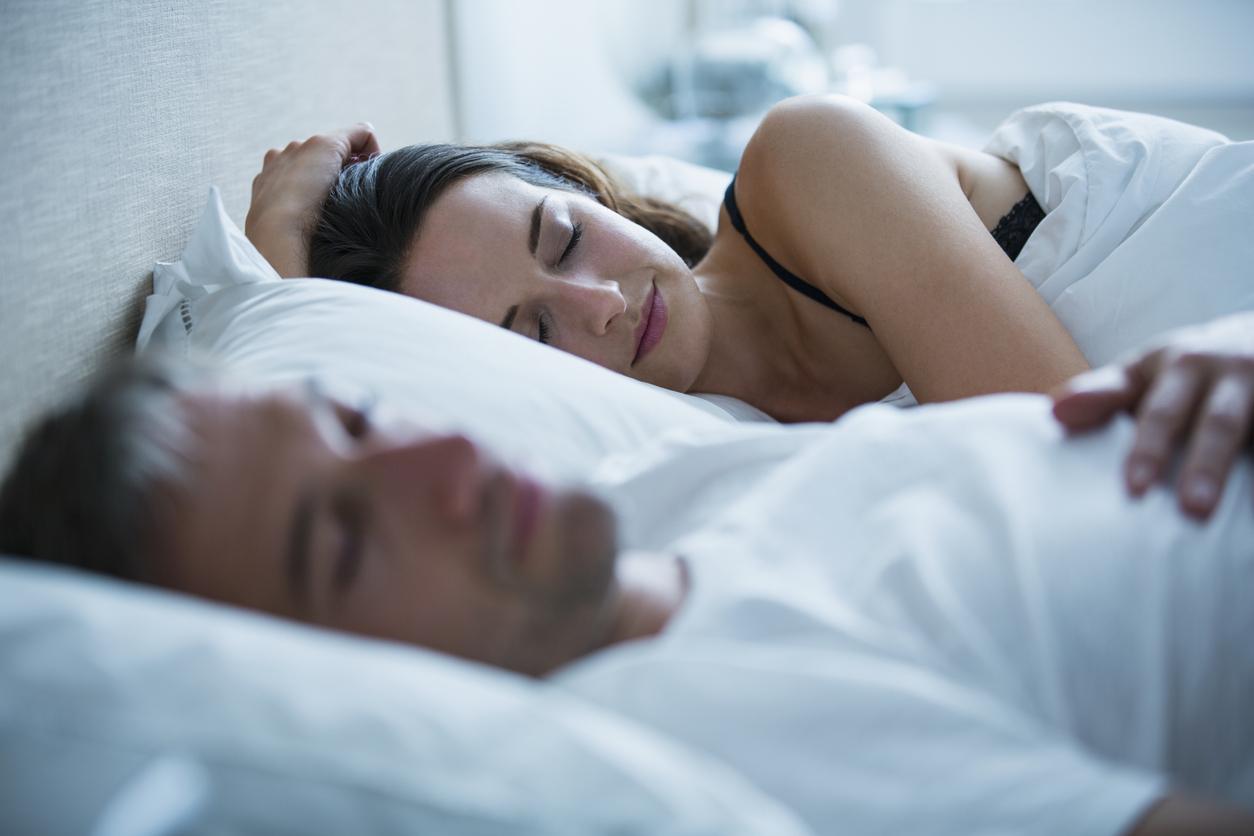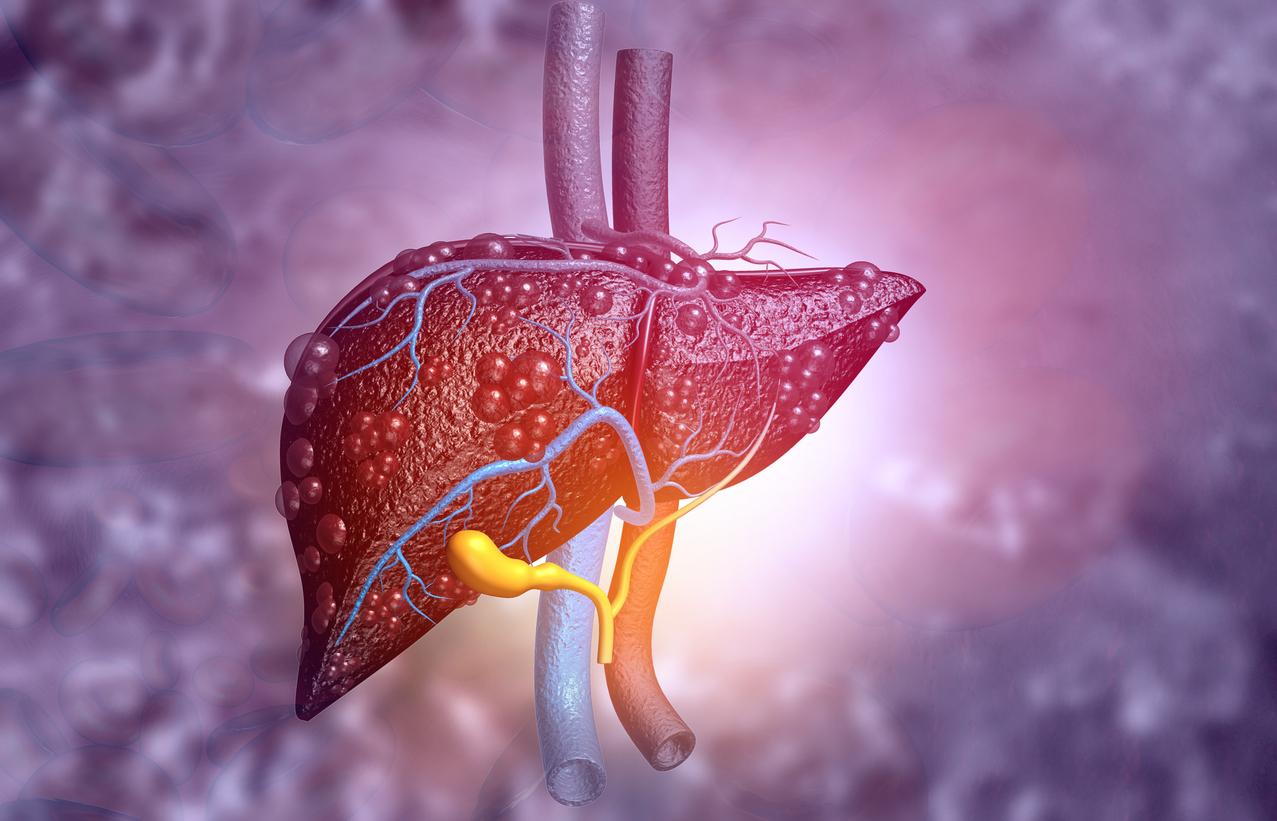Each individual has their own circadian rhythm and almost all genes are regulated by this clock.

- The circadian rhythm affects sleep, waking, and several biological functions including hormone release, eating and digestion, and body temperature.
- Almost all of our genes are under control of the circadian clock.
Going to bed late or getting up early is a matter of genes. American researchers conducted a study that revealed that our time habits are the result of a “internal and individual variation of circadian expression”. Published on January 29 in the journal Science Advancesthe study suggests that each individual has their own circadian rhythm and that almost all genes are regulated by the clock.
An atlas of circadian gene expression
Scientists have sought to better understand the variations in circadian rhythms between individuals in a population. The circadian rhythm affects, beyond sleep and waking, several biological functions, including the release of hormones, food and digestion, as well as body temperature. It also seems to influence when certain drugs will be most effective. This is called chronopharmacology.
The study was performed on Drosophila flies which are regularly used for circadian rhythm studies since they share 60% of human DNA. The researchers scrutinized almost 700 specific transcriptomes. In every organism, tissue or cell, genes are transcribed into mRNA and a transcriptome is a collection of all RNA transcripts from an organism’s DNA.
Deviations of more than 3 hours
Scientists used mRNA from a strain of Drosophila fly as a control and then sampled mRNA from 141 lineages every 9 minutes to observe how gene transcripts change over time. This helps to understand how the fly’s genetic makeup and circadian rhythm together affect the expression of different genes in distinct tissues. These analyzes made it possible to generate the first time series of gene expression in Drosophila and to draw “a comprehensive atlas of circadian gene expression”, wrote the researchers.
The results showed that the clock reigns over our genes since of the 1,700 genes whose expression cycles are under the control of the circadian clock, only 14 are identical in all the tissues of the Drosophila fly. The researchers also discovered that each Drosophila fly has its own circadian rhythm. The physiological clock of about one third of Drosophila flies deviates from the circadian clock by more than 3 hours. “These new data not only provide a better understanding of diseases characterized by a disruption of the clock (insomnia, cancer, etc.) but support the promises of chronopharmacology.”, conclude the researchers.
.















